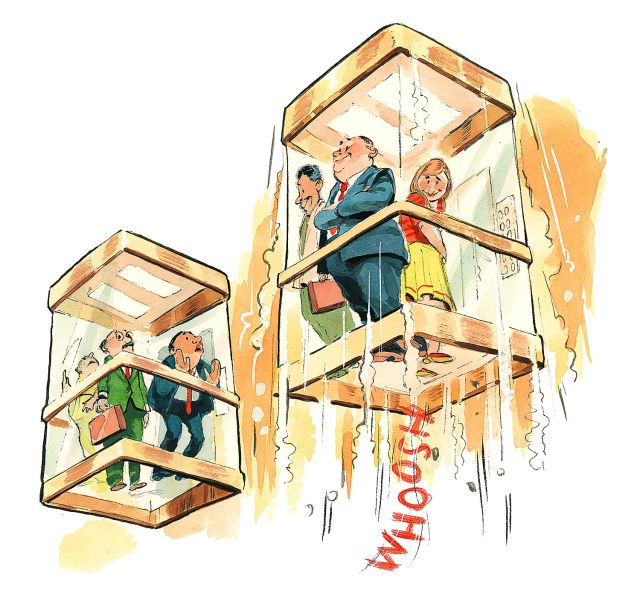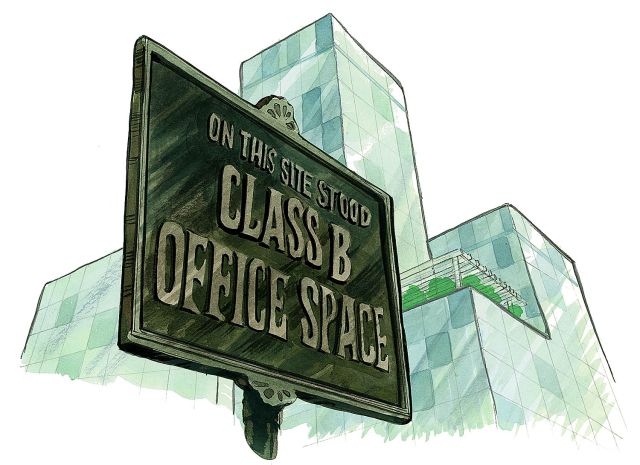
Michael Rudin (clockwise from top left), Samantha Rudin, Eric Rudin, and Bill Rudin.
Michael Rudin, Samantha Rudin, Bill Rudin and Eric Rudin
Co-CEOs; co-executive chairmen at Rudin
Last year's rank: 20

On the eve of Rudin’s 100th year in business, the office landlord scored a major anniversary present: Blackstone finalized a deal to expand its footprint at Rudin’s 345 Park Avenue to a whopping 1.06 million square feet.
“We have a legacy of working with our tenants,” said Bill Rudin, who serves as co-executive chairman of the firm with cousin Eric Rudin. “[Blackstone] started at 60,000 square feet, and now they’re at over a million square feet.”
The July deal was one of the nation’s largest office leases in 2024. But Rudin didn’t stop there. In November, construction firm Urban Atelier Group decided to move its headquarters to 25,000 square feet at Rudin’s 41 Madison Avenue, and, in January this year, Rudin landed advertising firm Spectrum as a tenant for 55,848 square feet across two full floors of 3 Times Square.
“We don’t want to rest on our laurels,” said Samantha Rudin, who leads the firm day to day with brother Michael Rudin. “We want to look at our portfolio holistically. How do we elevate it? How do we evolve it?”
The evolution is well underway. The company is partnering with Ken Griffin’s firm Citadel and Vornado Realty Trust to build a massive office tower at 350 Park Avenue.
“Vornado and ourselves are helping Ken and his team fulfill that vision, and we’re very excited to be a part of that partnership and make his dreams come true,” Bill Rudin said.
Nearby, Rudin is also looking at converting two buildings in its Manhattan portfolio to residential use — including one on Third Avenue, Samantha Rudin said. While the Rudins didn’t share many details, Rudin has been reportedly considering a residential conversion of the 22-story 355 Lexington Avenue, and the company owns only one property directly on Third Avenue, according to its website: 845 Third Avenue.
The company’s interest in residential conversions stems from its legacy of supporting New York City, Samantha Rudin said.
“Big picture: There’s such a constraint on supply, there’s a huge housing crisis nationwide and in New York City, and that has been part of our history in New York City — of understanding how people want to work or live, and meeting those needs,” she said.










